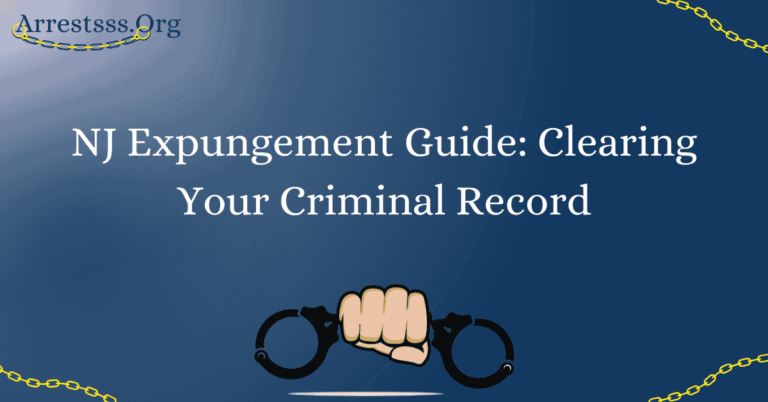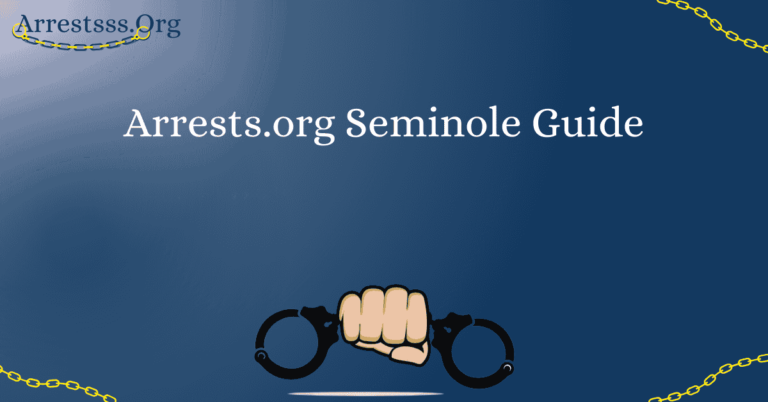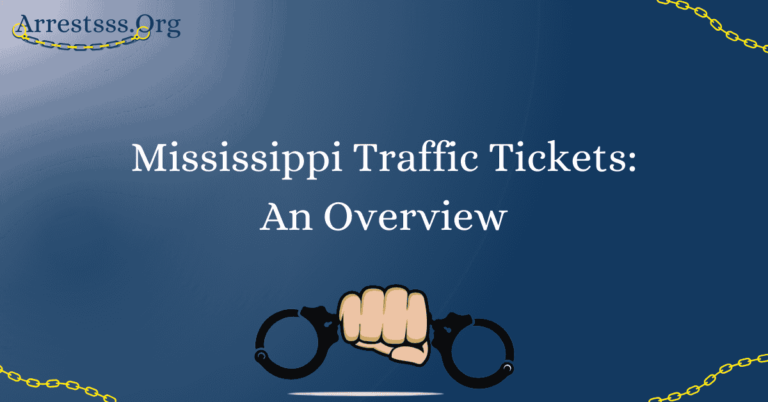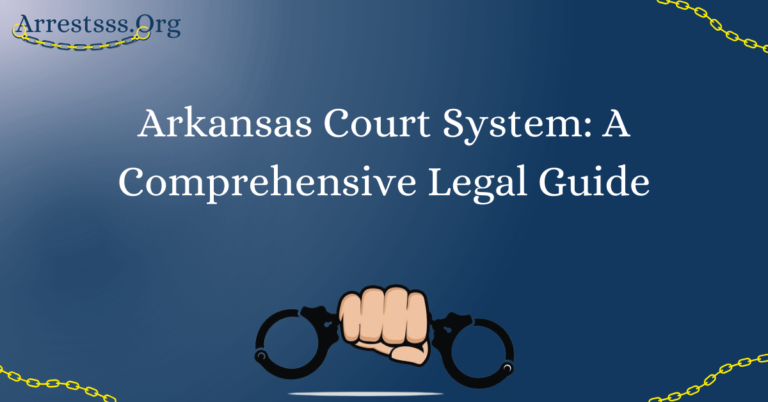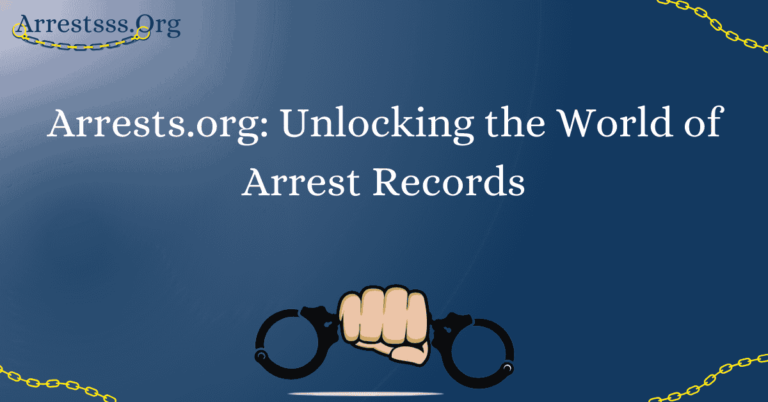Utah’s Criminal Justice: Arrest to Sentencing
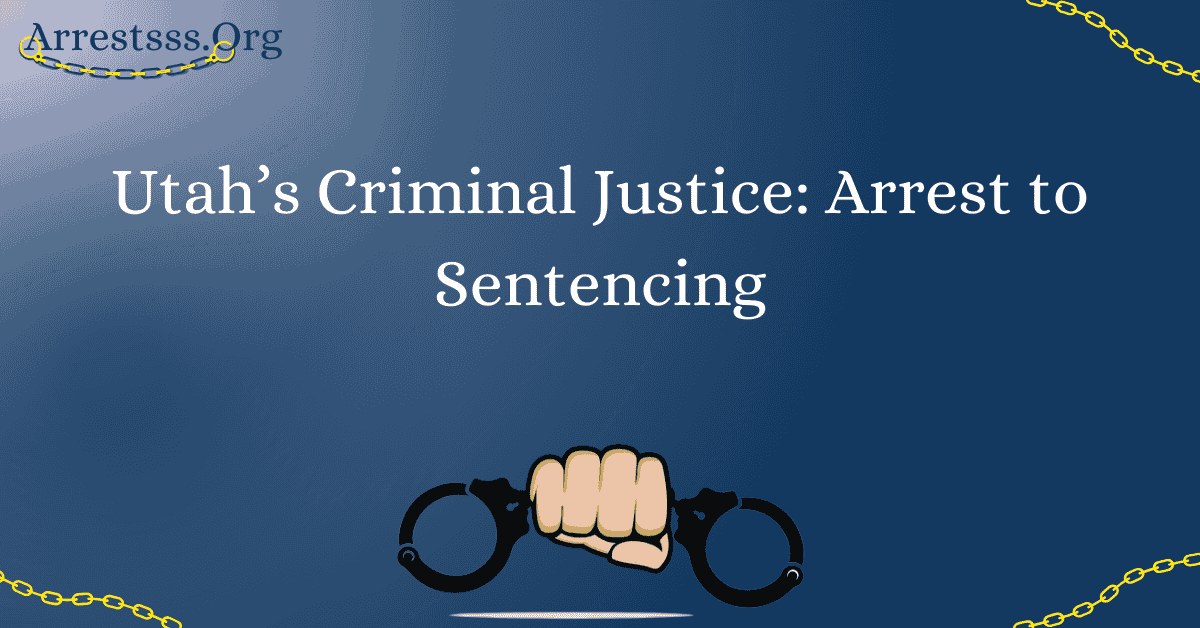
Utah’s criminal justice system is a complex and essential component of the state’s legal infrastructure. This intricate process, from the moment of arrest to the final determination of a defendant’s fate, plays a pivotal role in maintaining law and order. In this comprehensive article, we will guide you through the various stages and elements that define the Utah State criminal justice system. Whether you’re seeking a deeper understanding of this system or are directly involved in it, this article aims to shed light on its critical aspects.
Arrest and Initial Detention
The journey through Utah’s criminal justice system typically begins with an arrest. Law enforcement officers, with the authority vested in them, apprehend individuals suspected of committing a crime. Following the arrest, the individual is transported to a local jail or detention center for processing. This phase involves documenting personal information, fingerprints, and photographs. It’s a crucial step in initiating the legal process and gathering necessary information about the arrested person.
Booking and Bail
Once an individual is arrested, they may have the opportunity to post bail. Bail allows individuals to secure their temporary release from custody, provided they meet specific conditions set by the court. This process occurs during booking, where the arrested person’s information is recorded. Understanding the criteria for bail eligibility and the significance of this step is essential for those navigating Utah’s criminal justice system.
Preliminary Hearings
Preliminary hearings are a vital stage in the criminal justice process. These hearings determine whether there is sufficient evidence to proceed with formal charges. At this stage, the prosecution and defense have the opportunity to present their cases, and a judge evaluates whether the case should advance to trial. Understanding the purpose and significance of preliminary hearings is crucial, as they can significantly impact the course of legal proceedings.
Formal Charges and Arraignment
Following a positive determination in the preliminary hearing, formal charges are filed, and the accused is arraigned. This marks the formal initiation of legal proceedings, where the defendant is informed of the charges against them and asked to enter a plea. Knowing what to expect during the arraignment process is vital for individuals facing criminal charges in Utah.
Pre-Trial Proceedings
The period leading up to the trial involves various pre-trial proceedings. These include gathering evidence, conducting witness interviews, and negotiating between the prosecution and defense. The outcome of these proceedings can have a profound effect on the eventual trial process. Understanding the intricacies of pre-trial preparation and its impact is crucial for all parties involved.
Trial and Adjudication
The trial is the culmination of the legal process, where both sides present their cases before a judge or jury. Understanding the trial process, the rules of evidence, and the roles of witnesses and attorneys is essential for those involved in or affected by criminal cases in Utah. This stage determines guilt or innocence and the subsequent course of action.
Sentencing
Once a verdict is reached or a plea agreement is made, the sentencing phase commences. Sentencing decisions can have far-reaching consequences for individuals convicted of crimes. This section will provide insights into the factors considered during sentencing and the potential outcomes. Understanding the sentencing process is essential for those facing convictions in Utah’s criminal justice system.
Post-Conviction and Appeals
The legal journey may not end with a conviction. Individuals have the right to appeal their convictions or seek post-conviction relief. We’ll delve into the options available to those looking to challenge the outcome of their cases and the processes involved. This stage is vital for ensuring that justice is served, even after a conviction has been handed down.
FAQ’s
Can a person post bail for any type of criminal charge in Utah?
While bail is generally available for most criminal charges, the amount and conditions may vary depending on the severity of the offense and the defendant’s criminal history.
How long does it typically take for a criminal case to go to trial in Utah?
The timeline for a criminal trial can vary significantly, but it often takes several months or even longer from the initial arrest to the trial date.
Are there alternatives to incarceration in Utah’s criminal justice system?
Yes, Utah offers various alternatives to incarceration, such as probation, parole, and diversion programs, depending on the nature of the crime and the defendant’s circumstances.
What options are available to individuals who believe they were wrongfully convicted in Utah?
Those who believe they were wrongfully convicted can explore avenues for appeal and post-conviction relief, including presenting new evidence or challenging legal errors made during the trial.

